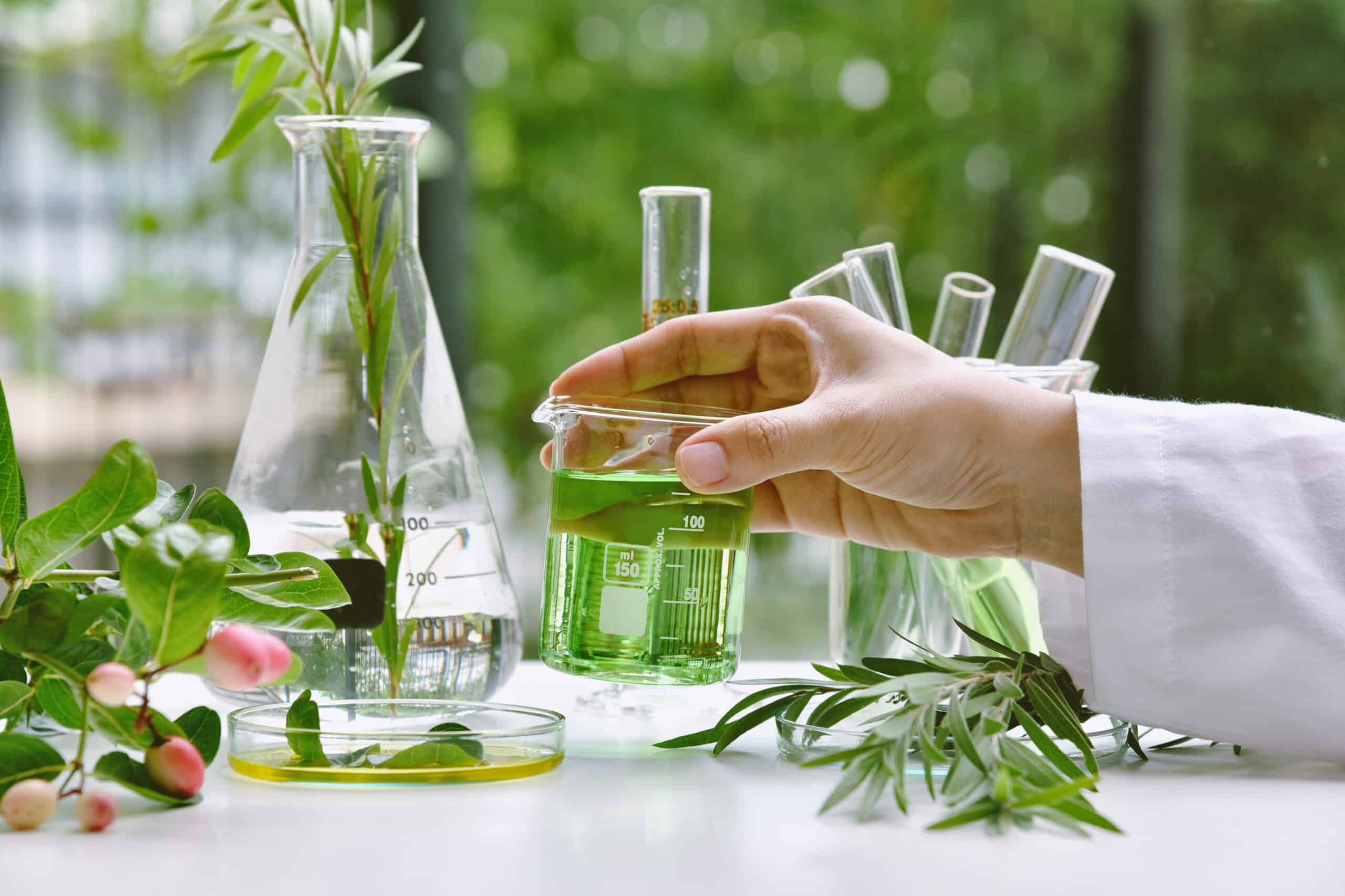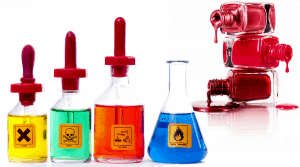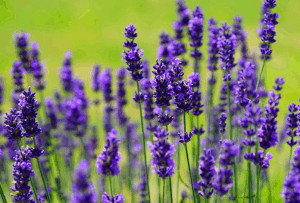Clean Swaps

Making clean substitutions is an excellent way to start living a more ecologically conscious lifestyle. Clean swaps entail swapping out environmentally detrimental goods or behaviors for more sustainable ones. Small changes can help reduce your carbon footprint, minimize waste, and help maintain a healthier space for future generations.
This post is a great resource for anyone trying to have a positive impact on the environment around them, whether you’re already dedicated to living sustainably or you’re just starting to investigate the idea. So let’s dive in and start making some clean swaps!
Chemicals To Watch Out For

Certain chemicals should be avoided.
When it comes to making clean swaps, one important thing to consider is the chemicals that are commonly found in everyday products. It’s crucial to know what to look out for when choosing more environmentally friendly solutions because many of these chemicals are bad for both our health and our environment. By being mindful of these chemicals and choosing products that are free of sulfates, parabens, and formaldehyde, you can make cleaner swaps that are both healthier for you and better for the environment!
Sulfates
Many personal care products, including shampoo and body wash, contain sulfates as a common ingredient. They are often used as foaming agents, but they can also strip the skin and hair of their natural oils, causing dryness and irritation. Sulfates can also be harmful for the environment because they can poison aquatic life when they get into streams. When purchasing personal care products, search for sulfate-free alternatives.
Parabens
To stop the growth of bacteria and mold, parabens are used as a form of preservative and these are frequently included in cosmetic and personal care products. Yet, research has revealed that parabens can act as an estrogen mimic (hormone mimics trick our body into thinking they are real hormones) in the body and may be connected to some cancer types. Consider purchasing items marked “paraben-free” or switching to natural preservatives.
Formaldehyde
Formaldehyde is a colorless gas that is used as a preservative in some cosmetics, as well as in building materials and household products. It is a recognized carcinogen that can also irritate the skin and create respiratory problems. If possible, use goods that are “formaldehyde-free” or that use natural preservatives.
The Benefits of Natural Alternatives

Essential oils for cleanliness.
Using natural alternatives in your clean swaps can have a number of benefits for your individual self, and your environment as a whole. By choosing natural alternatives you are reducing your risk of exposure to harmful chemicals. Additionally, choosing natural alternatives will help to reduce your carbon footprint and minimize your impact on the planet. Most of the ingredients used in natural alternatives tend to be more effective, especially when it comes to the beauty and cosmetics industry. They are more gentle on the skin and hair, and their botanical extracts are far more nourishing and moisturizing than chemical products.
Natural Cleaning Products
Lemon
Lemon, with its vibrant citrus scent and acidic properties, serves as a highly effective natural alternative for cleaning purposes. Its natural acidity makes it an excellent degreaser and stain remover. The high concentration of citric acid in lemons acts as a powerful antibacterial agent, effectively eliminating germs and bacteria from various surfaces. Lemon juice can effortlessly cut through grease and grime, making it a fantastic option for cleaning kitchen countertops, cutting boards, and stovetops.
White Vinegar
White vinegar is another remarkable natural alternative for cleaning that has been used for centuries. Its acidic nature makes it a potent disinfectant, capable of eliminating bacteria, mold, and germs on various surfaces. The acetic acid present in white vinegar breaks down mineral deposits and grime, making it an excellent option for cleaning windows, glass surfaces, and bathroom fixtures.
It also acts as a natural deodorizer, effectively eliminating unpleasant odors in the home. White vinegar is particularly useful for removing stains, such as those caused by coffee, wine, or grease.
Olive Oil
Olive oil, typically known for its culinary uses, also offers surprising benefits as a natural cleaning product. Its lubricating and moisturizing properties make it an excellent choice for polishing and restoring the shine of various surfaces. When applied to stainless steel appliances or fixtures, olive oil can help remove fingerprints and smudges, leaving a streak-free shine.
It can also be used to revitalize and condition wooden furniture or cutting boards, nourishing the wood and enhancing its natural beauty. Additionally, olive oil can serve as a natural alternative for removing sticky residues or adhesive labels from glass or plastic surfaces.
Natural Personal Care Products
Essential Oils
Essential oils are popular natural alternatives for self-care, due to their numerous benefits for physical, emotional, and mental well-being. Their aromatic properties help promote relaxation and enhance mood, whether through diffusers, bathwater or roll-ons. Different oils have therapeutic properties that address specific needs, such as lavender for calming and better sleep, peppermint for cooling and tension relief, and tea tree for skincare.
They can be added to homemade skincare products for plant-based nourishment and many of them possess antimicrobial properties excellent for cleaning. Essential oils provide a holistic approach to self-care by stimulating the senses and promoting well-being through massage, inhalation, or topical application.
Carrier Oils
Carrier oils, derived primarily from plant seeds, nuts, or kernels, have unique properties and offer numerous benefits for self-care. They serve as a base for essential oils, ensuring proper dilution and preventing skin irritation. Carrier oils also provide moisturizing effects, leaving the skin soft and hydrated.
Different oils offer specific benefits: jojoba oil moisturizes all skin types, sweet almond oil soothes sensitive skin, coconut oil moisturizes and has antimicrobial properties, and rosehip seed oil rejuvenates and reduces the appearance of scars or fine lines. Carrier oils can be used alone or blended with essential oils for customized skincare, providing gentle care and effective delivery of essential oil benefits.
Natural Household Items

Swap plastic for glass.
Ant Control
When it comes to controlling ants in your house without resorting to harsh chemicals, several natural alternatives can be effective. Use natural deterrents like vinegar, lemon juice, or peppermint essential oil, as ants dislike the strong scent and avoid crossing those areas. Create barriers by sprinkling cinnamon, cayenne pepper, or coffee grounds along entry points to repel ants.
You can also try diatomaceous earth, a natural substance that is safe for humans but harmful to ants and other insects, by sprinkling it in affected areas. Regularly inspect and seal any cracks or gaps in windows, doors, and walls to prevent ant entry.
Replace Plastic-Ware With Glass
Replacing plastic-ware with glass offers a clean swap that benefits both the environment and personal health. Unlike plastic, glass is non-toxic, reusable, and recyclable. It is made from natural resources and does not release harmful chemicals during production or use.
Glassware is durable, stain-resistant, and odor-free, making it a long-lasting alternative to disposable plastics. By choosing glass, you reduce waste, minimize the risk of chemical leaching, and contribute to a circular economy through recycling.
Swapping Plastic Wrap With Wax Paper
Swapping plastic wrap with wax paper is a simple and sustainable choice that brings numerous benefits. Wax paper is biodegradable and compostable, making it an eco-friendly alternative to plastic. It is free from harmful chemicals, ensuring the safety of your food.
Wax paper is versatile, microwave-safe, and easy to handle, making it convenient for various kitchen uses. By making this switch, you can significantly reduce plastic waste and contribute to a greener future.
Natural Scents

Calming lavender
Lavender
Lavender is a wonderful clean swap for adding a natural scent to your home or personal care routine. This versatile plant offers a range of benefits that make it a popular choice. Firstly, lavender’s soothing aroma promotes relaxation and helps to reduce stress and anxiety. Don’t rely on synthetic fragrances filled with potentially harmful chemicals. Incorporating lavender essential oil or dried lavender buds into your surroundings can create a calming and refreshing atmosphere.
Vanilla
The sweet and inviting fragrance of vanilla creates a cozy and inviting atmosphere in your home or personal care routine. Moreover, vanilla has been associated with relaxation and stress reduction, making it an excellent choice for creating a more serene environment. Whether used in homemade candles, diffusers, or body products, vanilla offers a clean and natural alternative for enjoying a soothing and pleasant scent.
Lemongrass
Lemongrass is a refreshing and clean swap for infusing a natural scent into your living space. With its invigorating citrusy aroma, lemongrass brings a range of benefits that make it an excellent natural scent. Rather than relying on artificial fragrances that may contain harmful chemicals, consider incorporating others. Lemongrass essential oil or dried lemongrass can provide a fresh and uplifting scent without any unwanted additives. The vibrant and energizing fragrance creates a rejuvenating atmosphere in your home or personal care routine.
Conclusion
By being mindful of the chemicals in everyday products, we can make cleaner swaps that benefit both our health and the environment. Opting for sulfate-free personal care products, paraben-free cosmetics, and formaldehyde-free goods enables us to make a positive impact on our well-being and the wellness of our living spaces. Embracing the use of essential oils as natural scent alternatives and incorporating them into our beauty routines further enhances this effort. Let’s embrace clean swaps and work together towards a greener, healthier and more sustainable future!

